I’m very sad to report the passing of award-winning comic artist, writer and editor Paul Neary, who has died after a long illness.
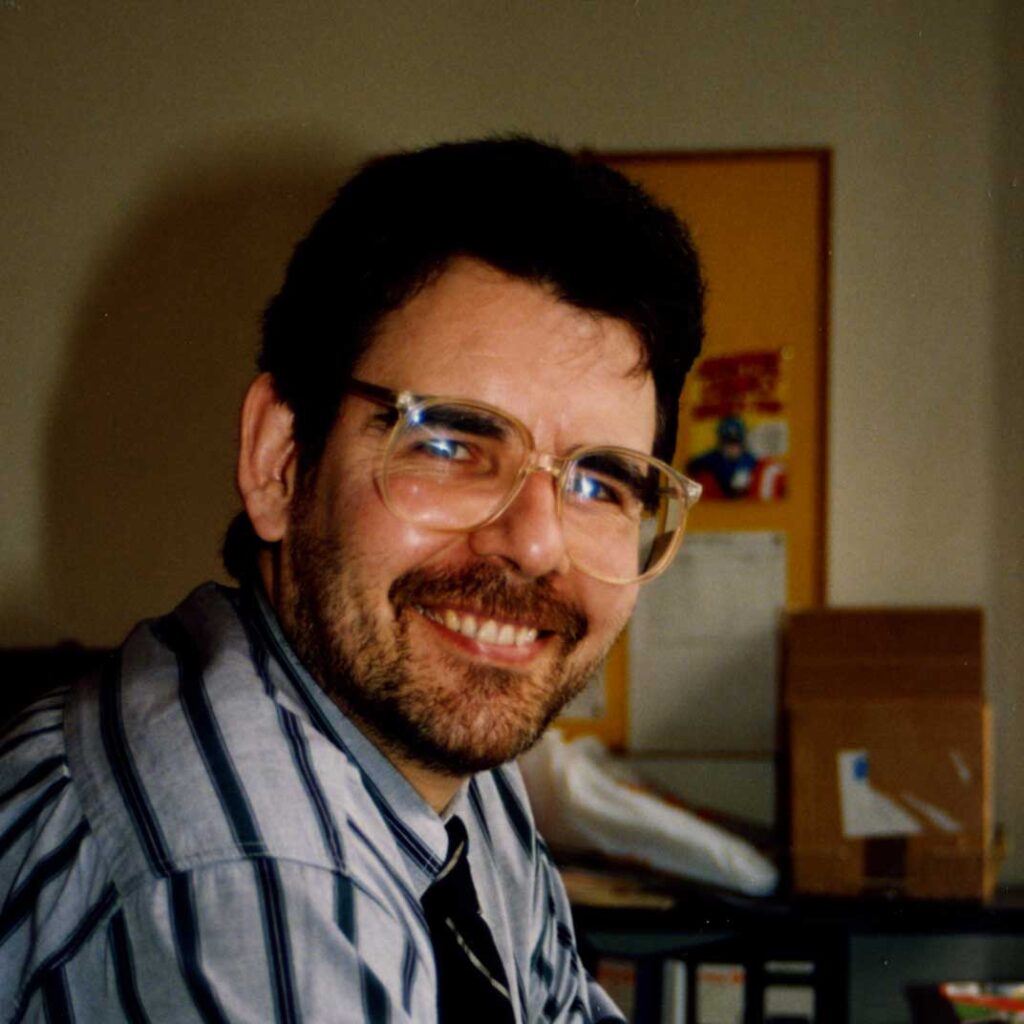
Paul had worked in the comics business long before I first met him when I worked at Marvel UK, when he took on the role of editor in chief at the company in the 1990s following the departure of Managing Director Robert Sutherland, and redirected company operations at Arundel House, London toward creating a huge range of new characters and stories, utilising talents such as Dan Abnett, Glenn Dakin, Gary Erskine, Gary Frank, Bryan Hitch, Andy Lanning, Salvador Larroca, Carlos Pacheco, Edmund Perryman, Dermot Power, Rodney Ramos and Liam Sharp.
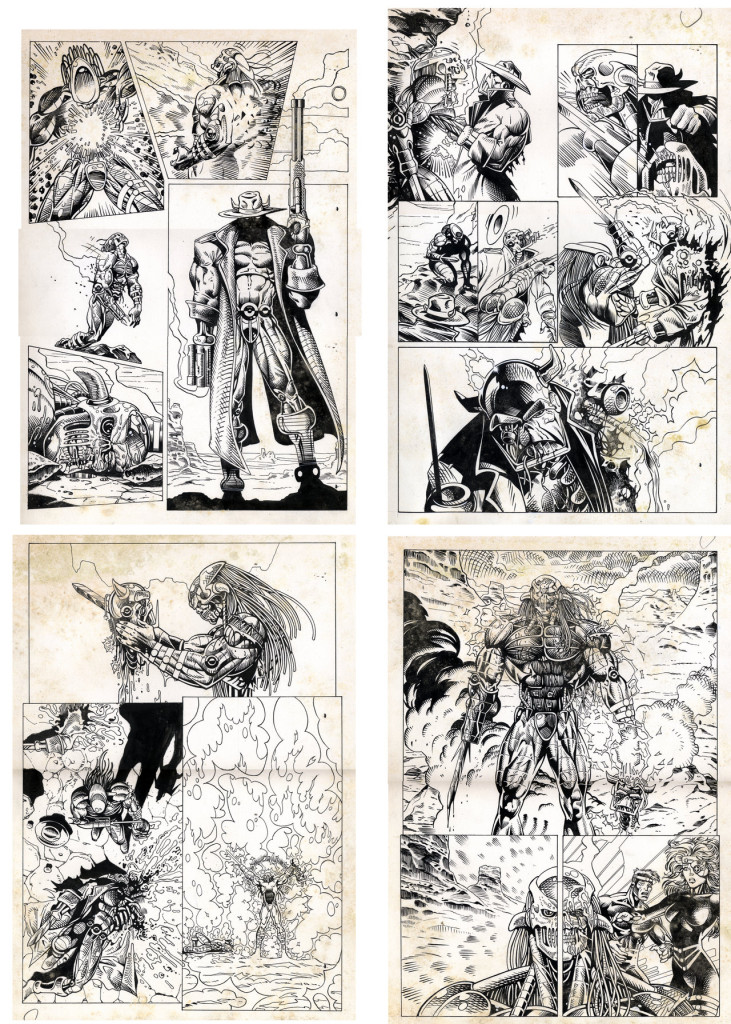
It was Paul Neary who developed the “Genesis 1992” project at Marvel UK that was a reshaping of Death’s Head into the phenomenally successful Death’s Head II (despite being told “robot characters don’t sell” by one American Marvel executive), the creation of Motormouth and Killpower, Dark Angel and more. He also brought Marvel UK’s intended rival to 2000AD, Overkill, to the British newsstand, which I edited at launch, after road testing different formats and frequencies with the short-lived HAVOC and Meltdown, both of which I also edited, after moving on from editing Doctor Who Magazine.
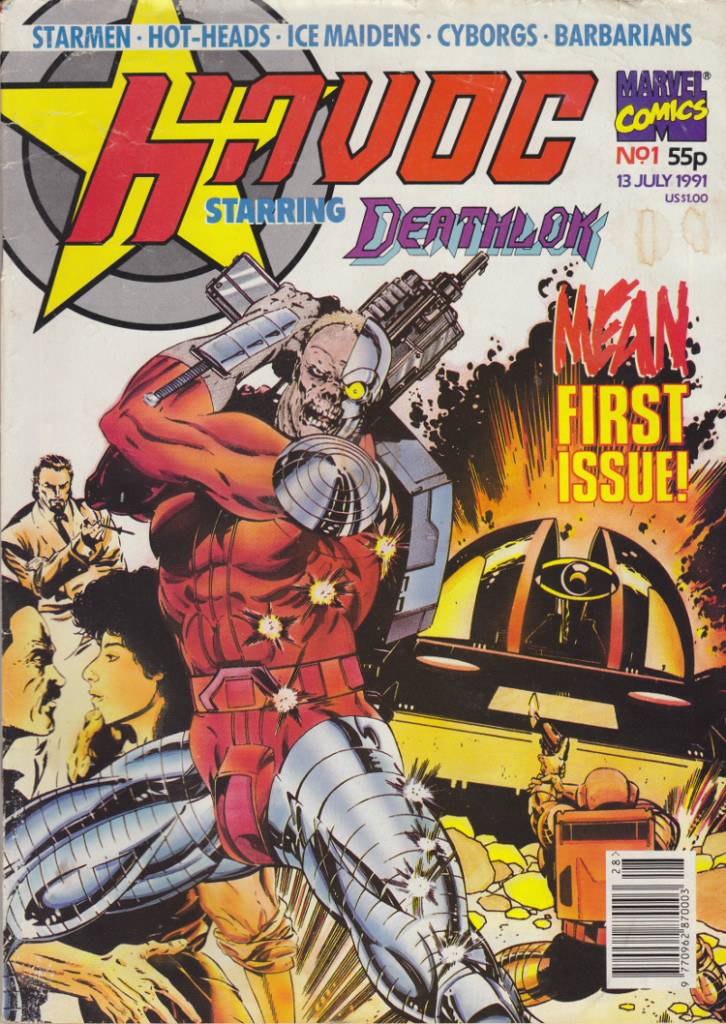
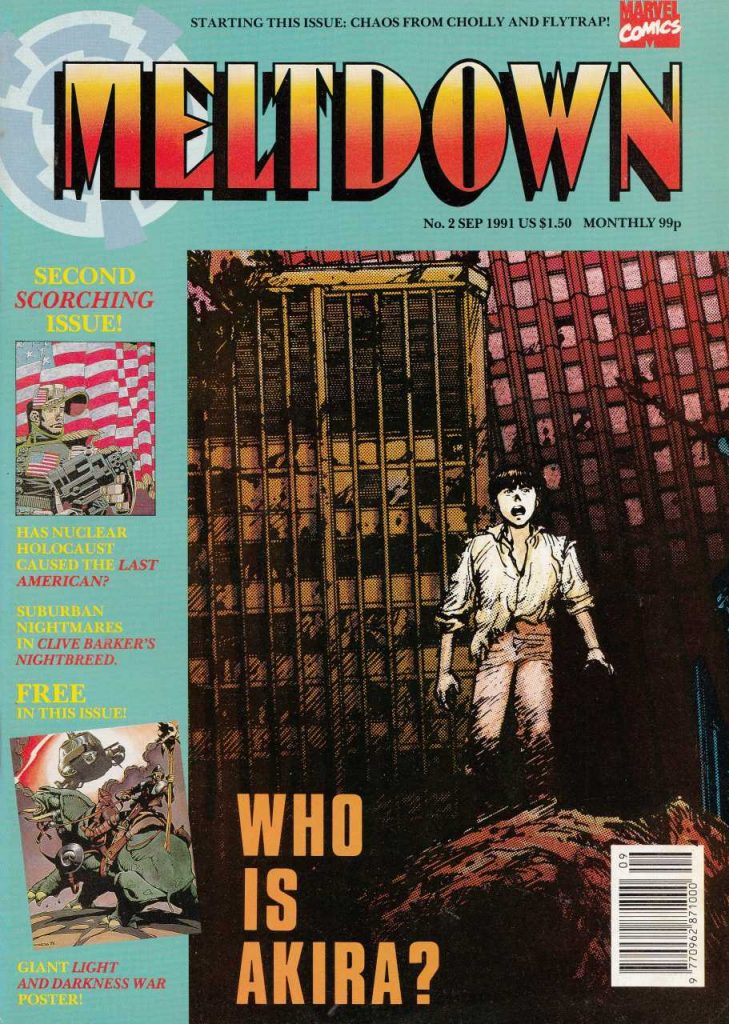
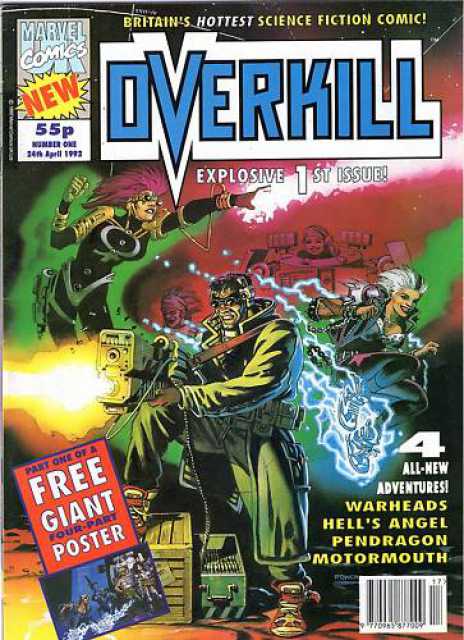
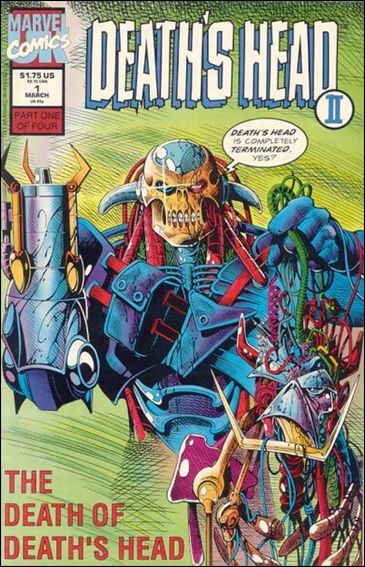
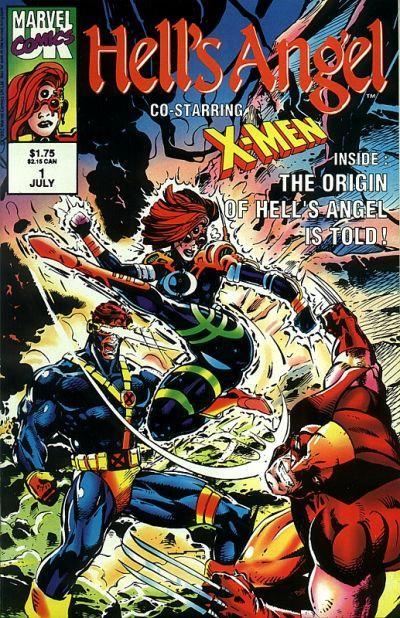
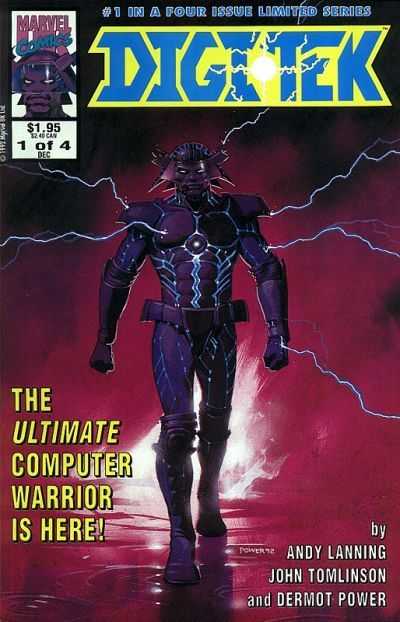
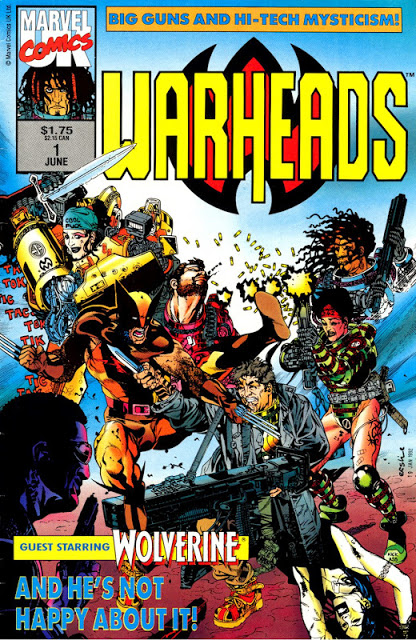
We lost contact after I left Marvel UK in early 1993, well before wider company woes impacted the publisher, but made contact again briefly in recent years, when Paul decided to sell some of his original art. After discussion, I connected him with BritComicArt, based closer to him. They still offer some of his pages.
Paul phoned and left me a message in early January, to unexpectedly thank me for my work at Marvel just as he was going into hospital then, not expecting to come out. He wanted to apologise, he said, for never telling me how appreciated my efforts – a peculiar call, some thirty years on, but clearly, it bothered him.
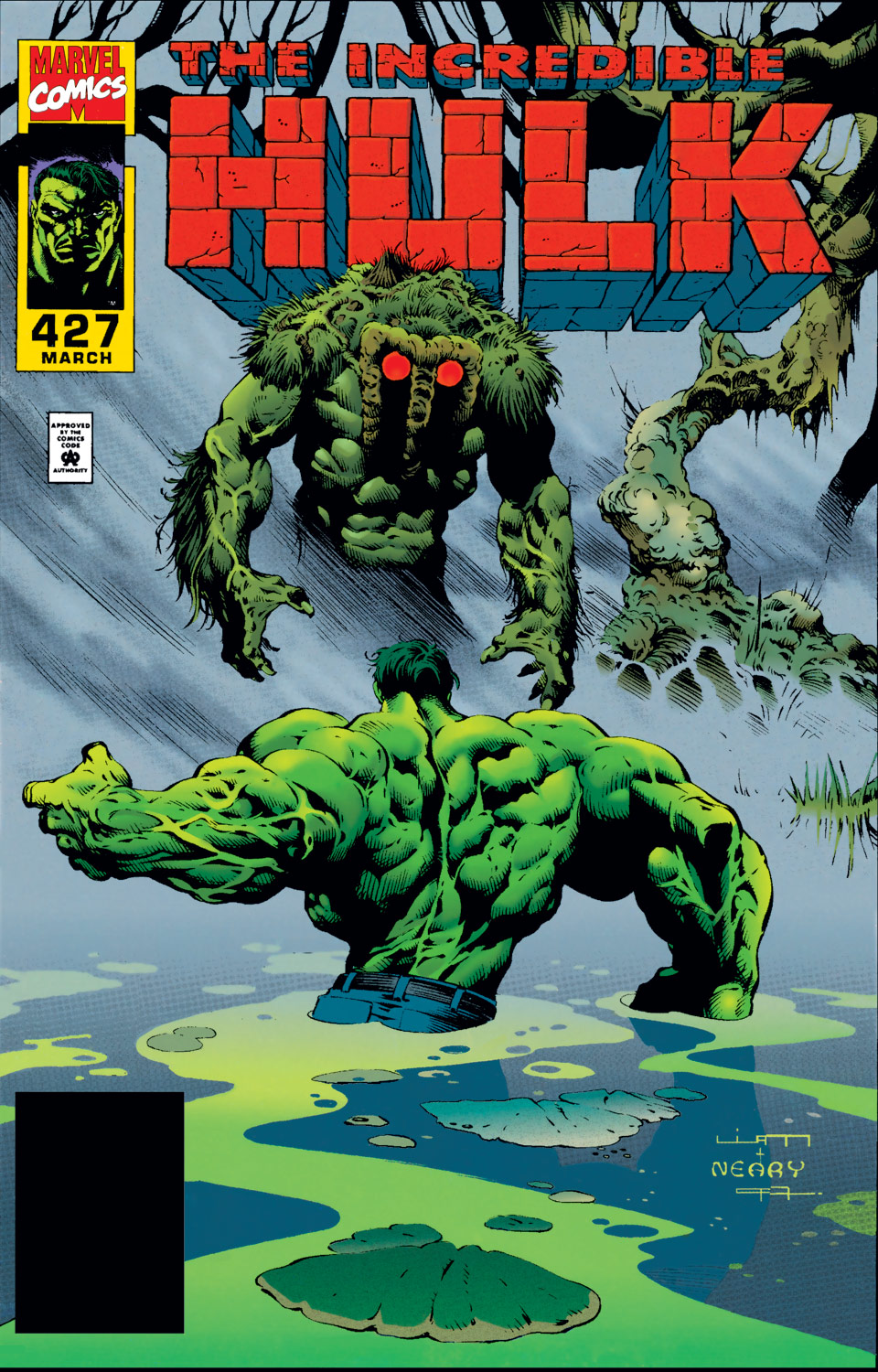
It would be wrong of me not to note that Paul’s changes at Marvel UK were not without cost. He had been charged to shake up the company after a particularly difficult time for Marvel UK, and it was not the easiest of times. A number of staff were made redundant, and while some went on to carve new and successful careers elsewhere in the publishing world, it was not without regret, on both sides.
Paul was not always the easiest of managers to work with, as he responded to the demands of distant American management for new titles to compete with the rising success of rival US publishers such as Image Comics in the direct sales market. Some MUK editors who worked under him had a different experience to mine, which was as a guide and mentor, and have offered their own well documented experiences of a sometimes tempestuous environment. But that does not, for me, detract from Paul’s earnest endeavours or creative vision, his determination to shape something new at the company; and to hone new talent who would create amazing stories, many who have gone on to become leading lights in our industry.
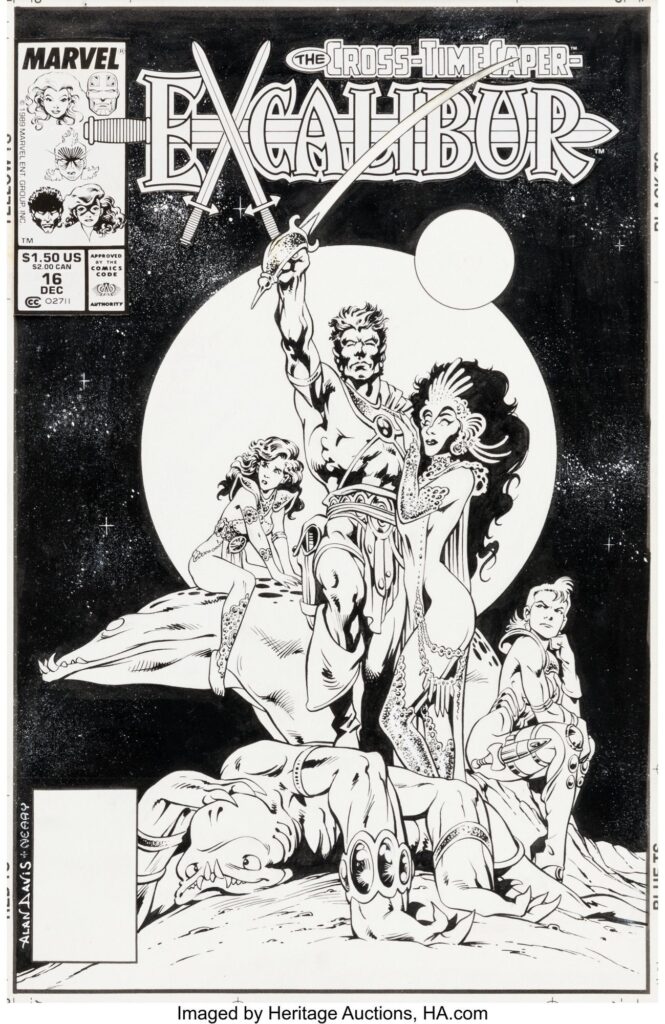
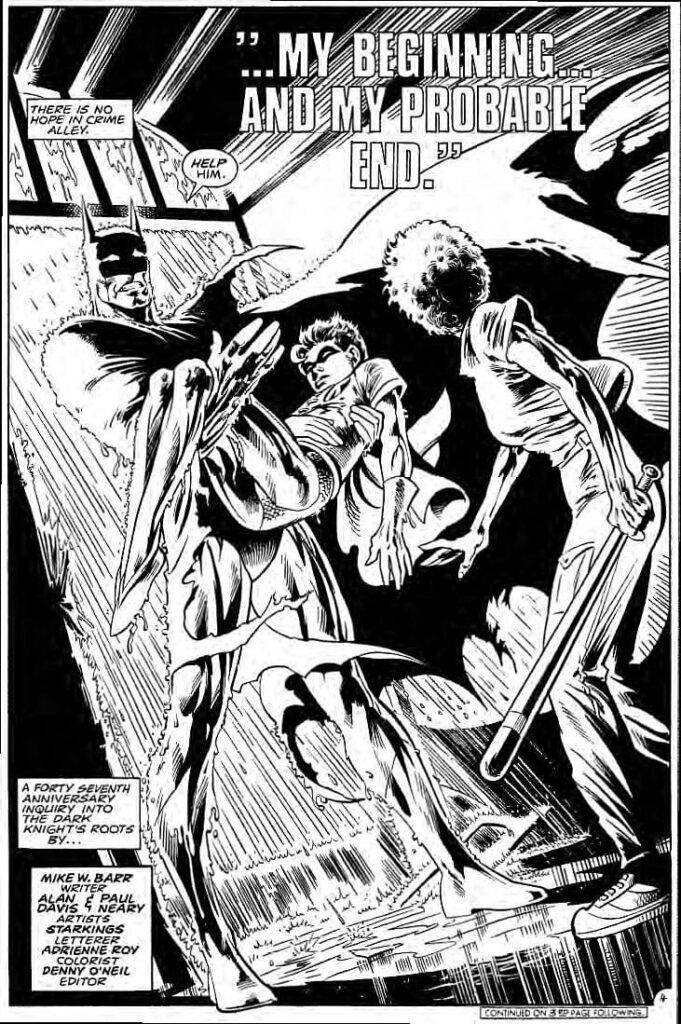
“Another one of the good guys has gone,” said former Marvel UK Editor in Chief, writer and publisher Richard Starkings. “I worked with Paul when he inked Detective Comics over Alan Davis pencils. I used to catch the tube over to Paul’s on cold Winter evenings to drop off lettered pages that Alan had shipped to me at Marvel UK. Paul always spent time looking over the pages, giving me direction and feedback while his wife, former Captain Britain editor Bernie Jaye, worked at her desk in their living room. Golden memories. He had a very dry, disconcerting sense of humour but was always very generous with his time and wisdom. He reprinted my Death’s Head run and sold ten times as many. And made a point of telling me. With a smile.”
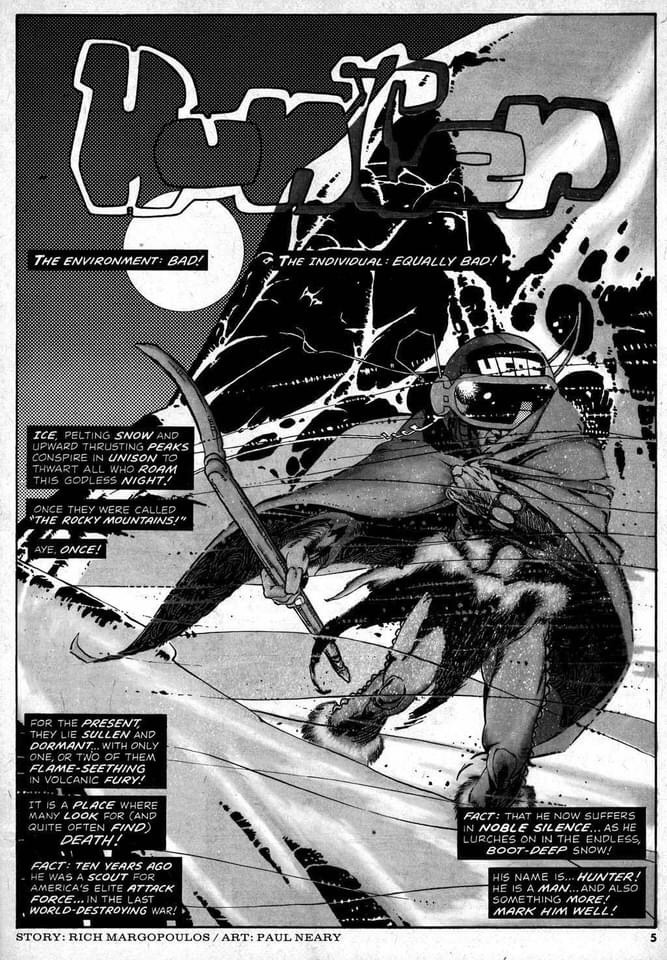
Also commenting on his passing on Facebook, artist Jerry Paris noted on his friend and mentor “was the first person to give me a break in publishing, helping to guide me through the early stages of my career as an illustrator. He also helped many others too and was to many of us a proper old school illustrator, who had himself been mentored by Al Williamson and Syd Jordan. Paul was an incredibly gifted artist, who generously past on his knowledge to those who wanted to learn.
“Most of all, Paul was one of the funniest people I’ve ever met. 15 minutes in Paul’s company and my ribs would ache from laughing so much.
“My thoughts and love go out to Paul’s wife, Bernie Jaye.
“Wish I’d had a chance to catch up with you again, Paul, even to just say how much you were loved. Hope to see you in the next life, most probably on some distant alien planet, fighting off savage creatures as we try to hit those deadlines. Travel safe among the stars and try to get some rest when you can.”
A Career in Comics
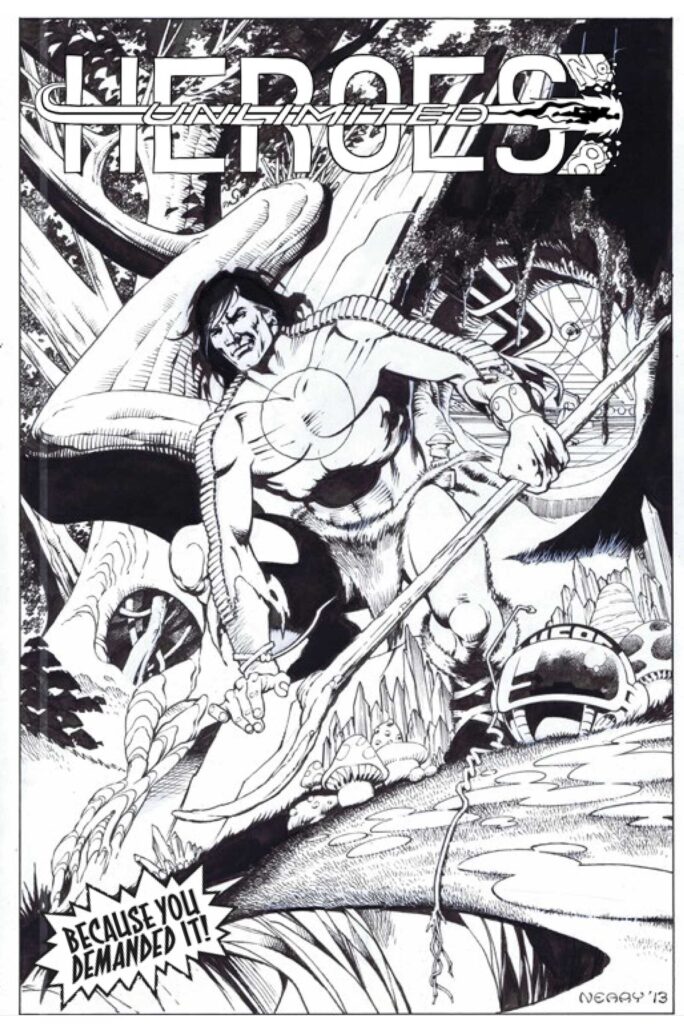
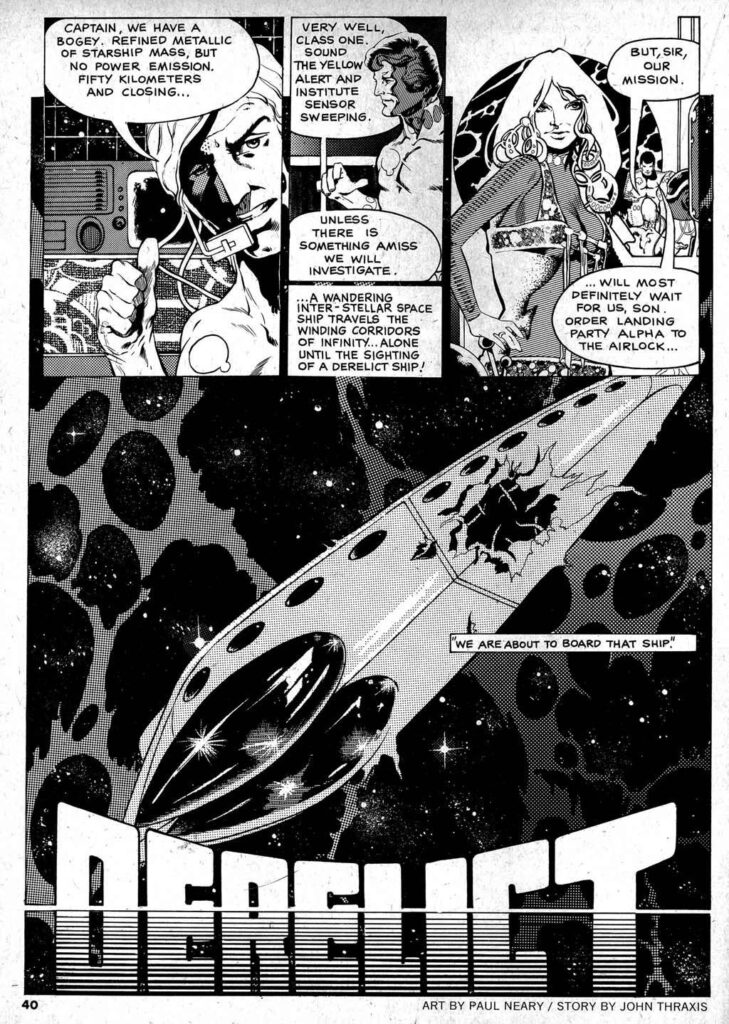
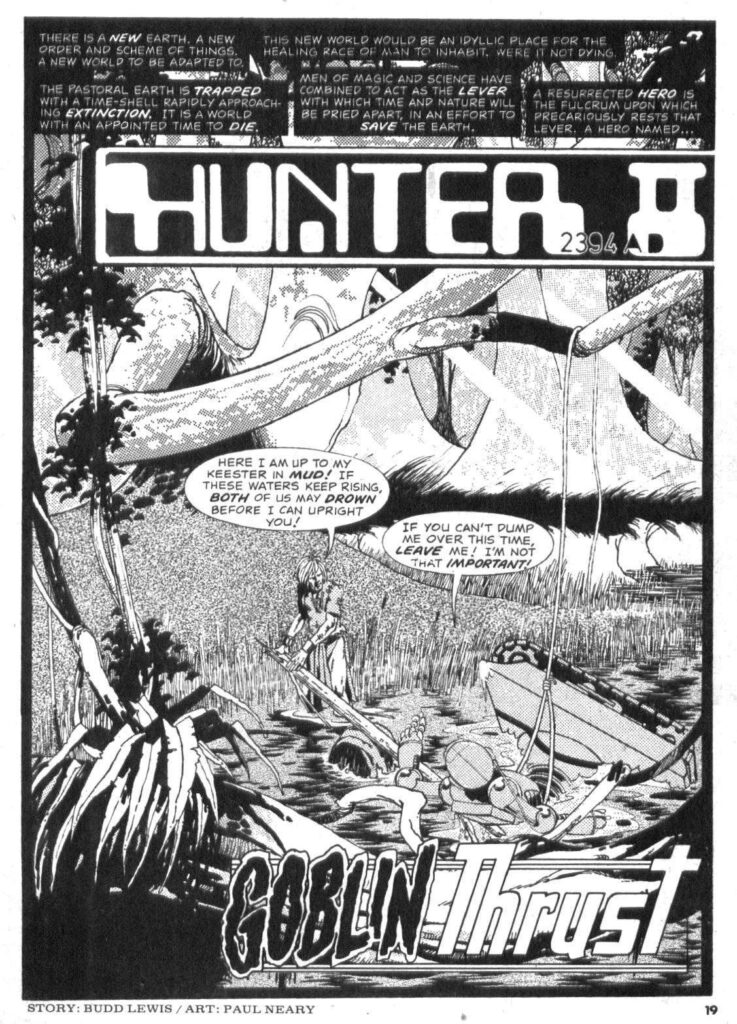
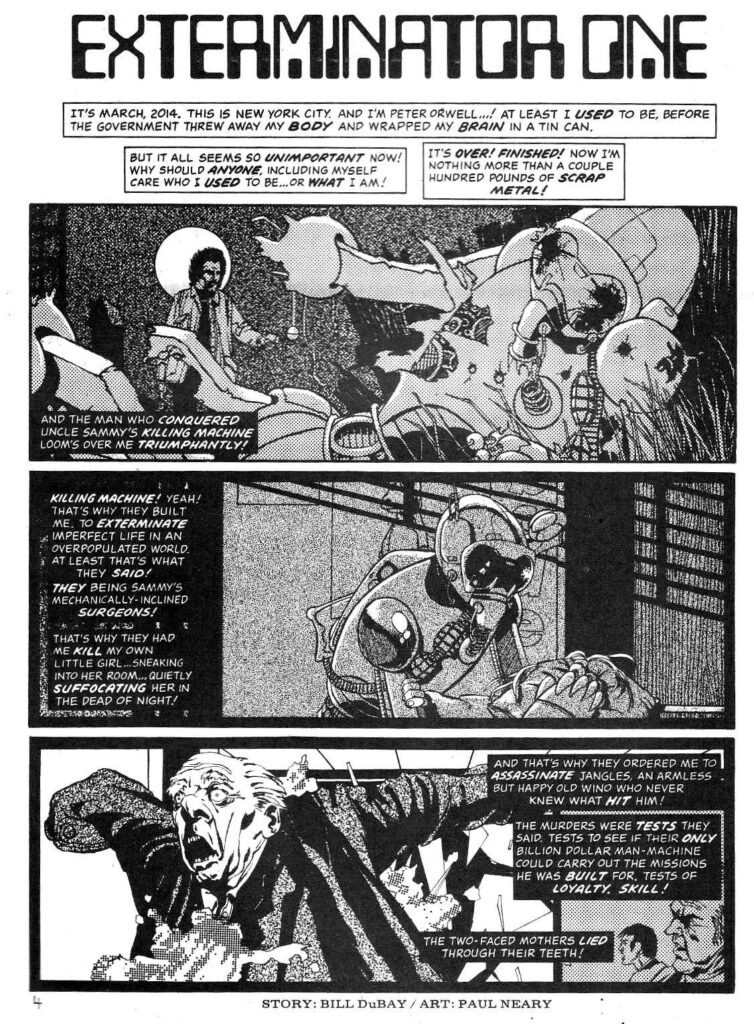
Paul’s first comic work was for Warren Publishing in the 1970s, initially on Eerie, perhaps best known for illustrating the ‘Hunter’ series that appeared in that title in the mid-1970s. (The “Hunter” stories were released as a digital collection, Eerie Presents Hunter, in 2012, which is still available). He began working with Dez Skinn at Marvel UK later in the same decade, drawing, for example, some of the back-up strips for Doctor Who Weekly, as well as work for 2000AD, drawing several “Future Shocks”.
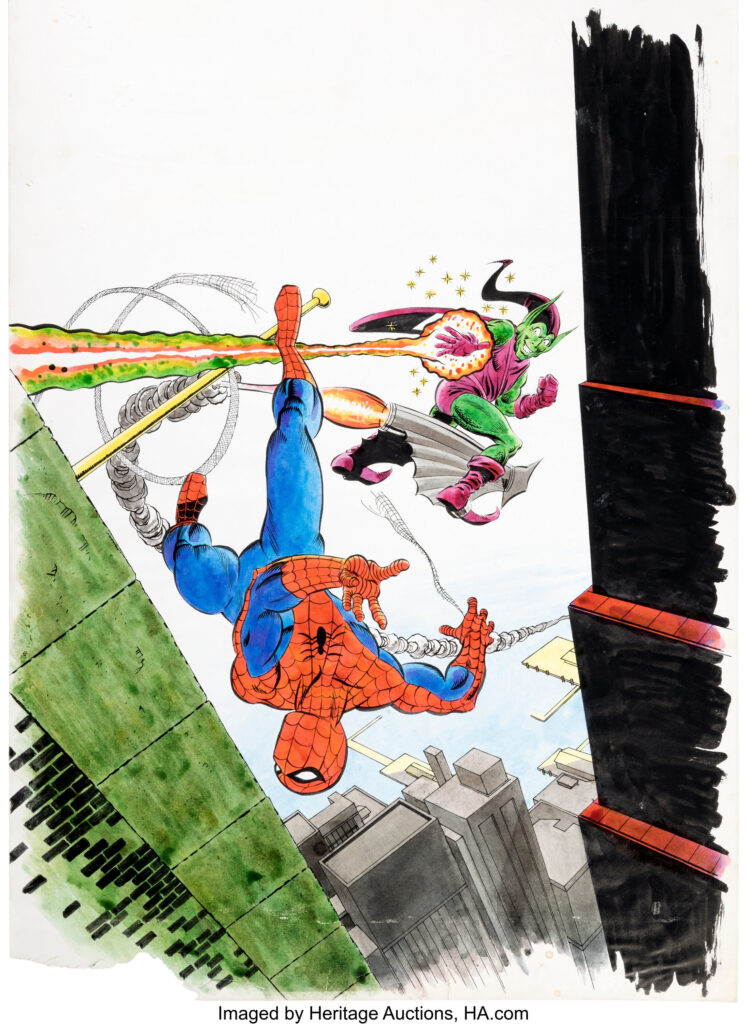
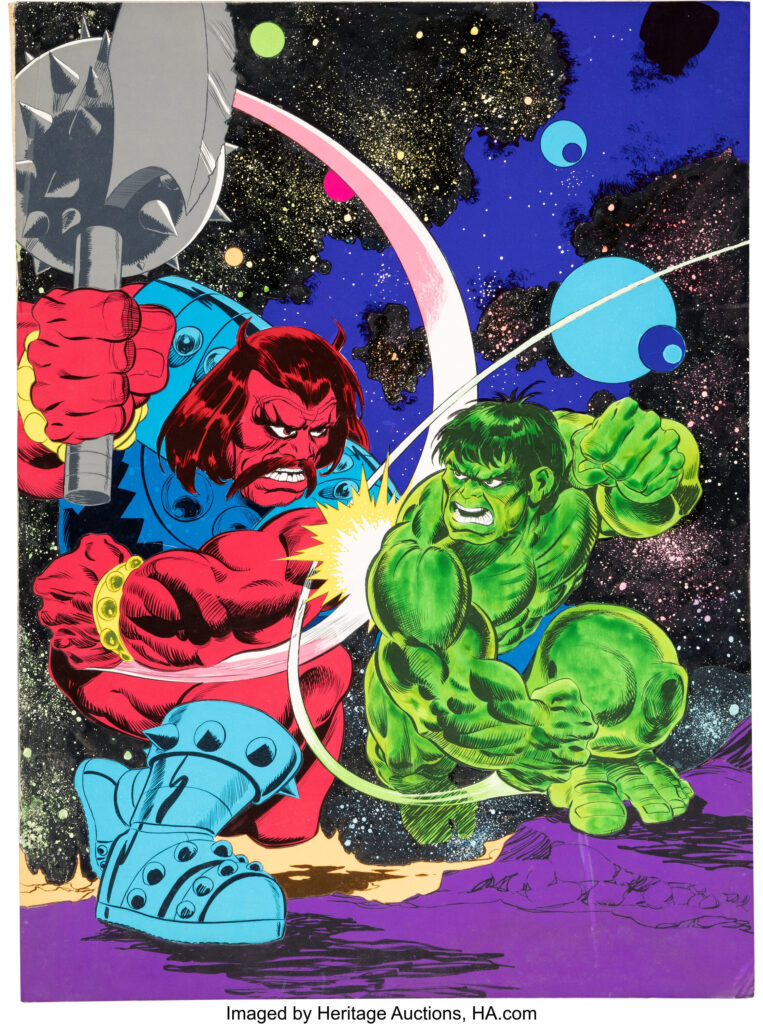
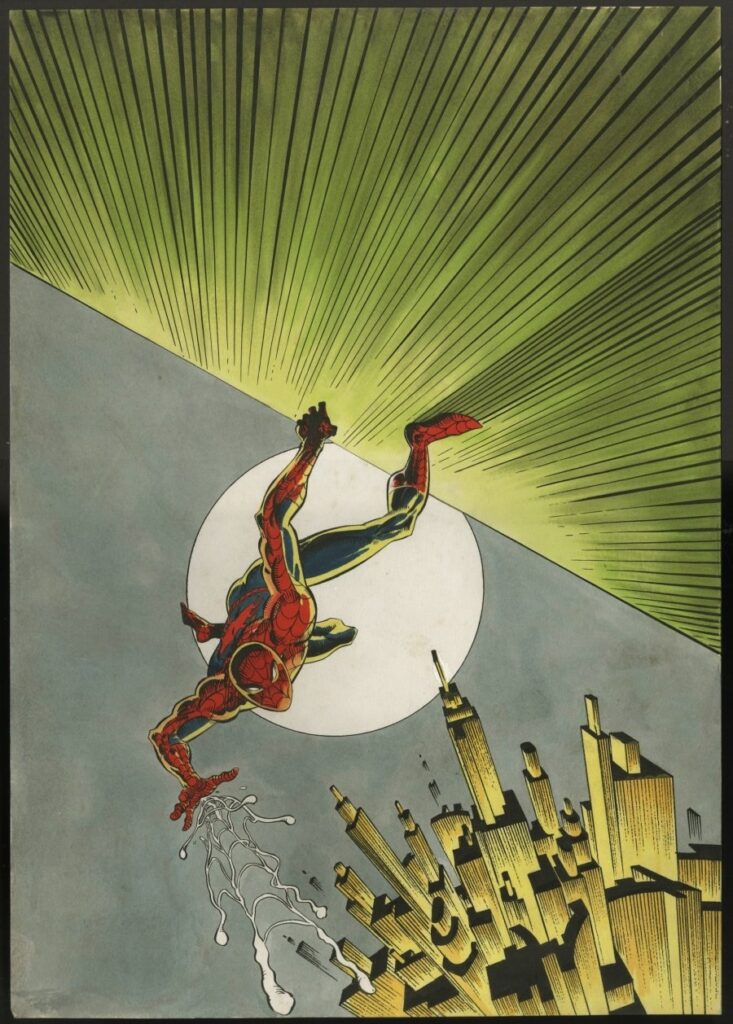
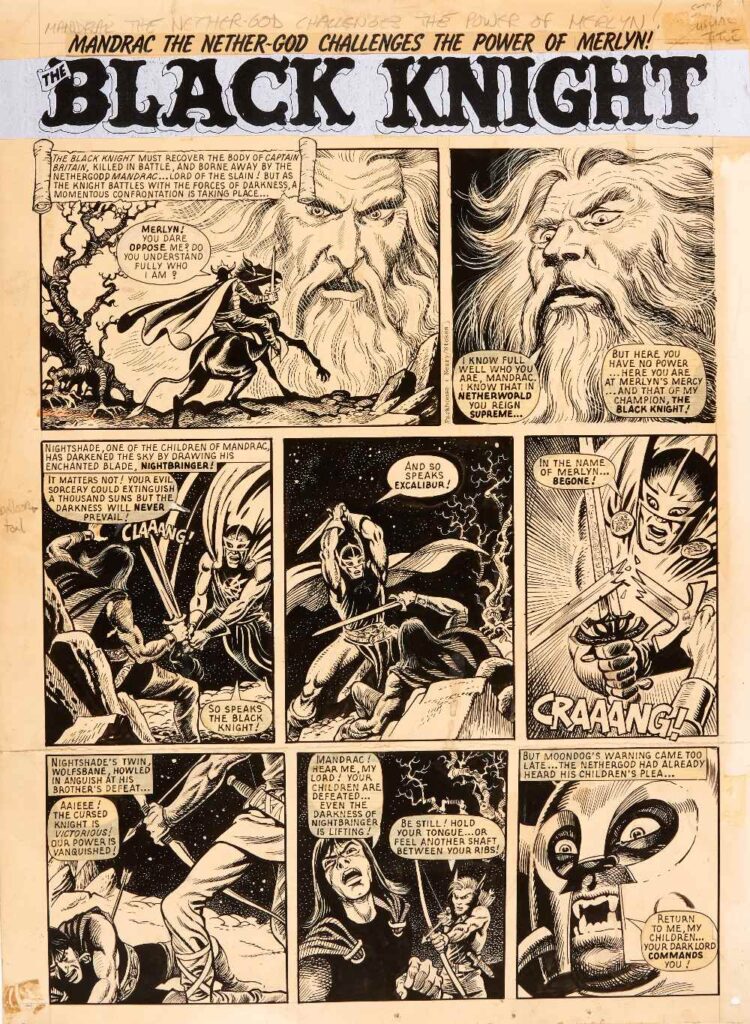
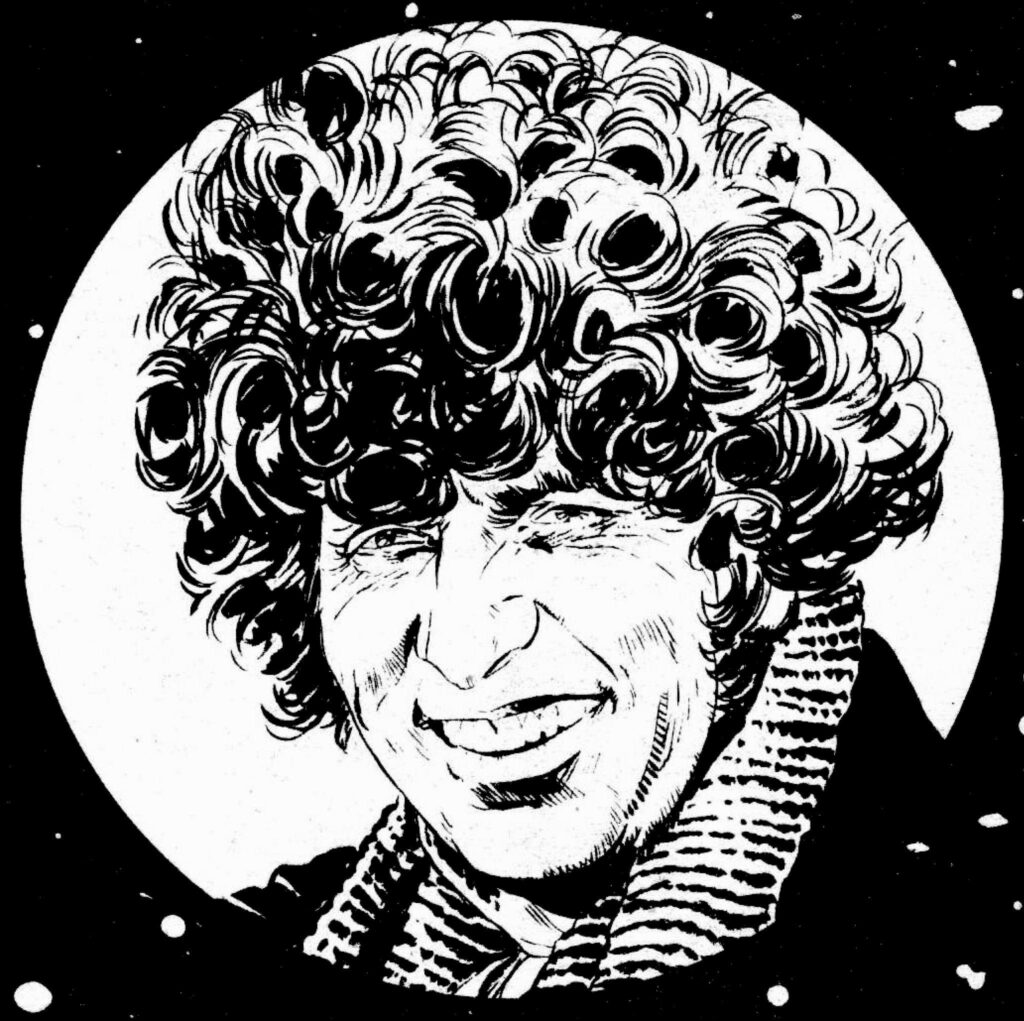
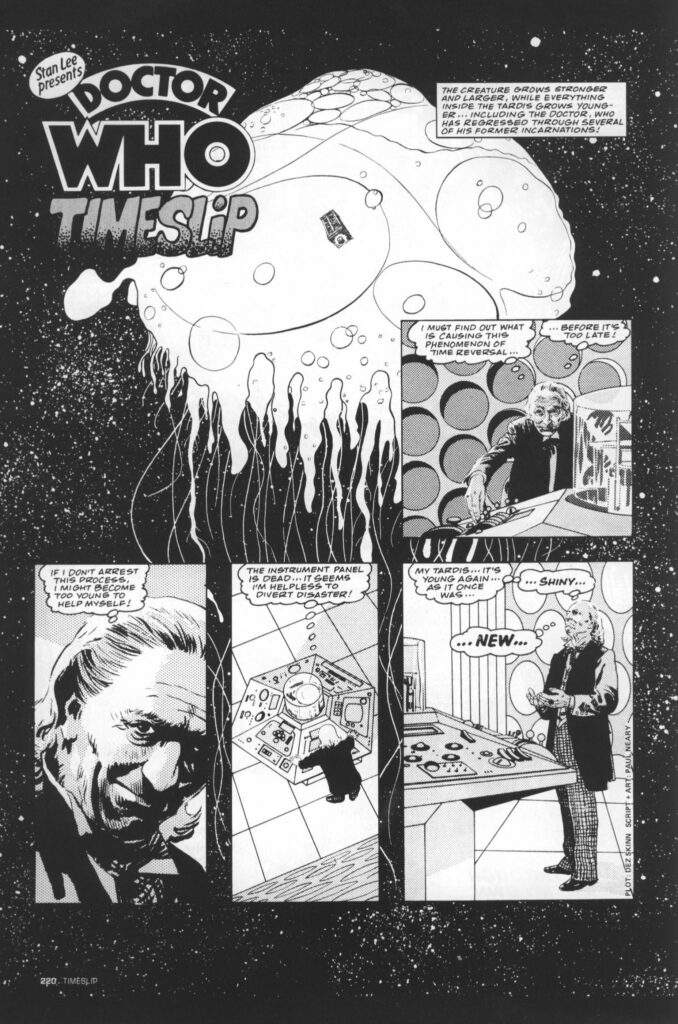
In the 1980s, he created Madman for Dez Skinn’s Warrior anthology, and enjoyed a period as a penciller on various Marvel US titles, such as Ka-Zar, for its closing issues, then, more significantly, jumped over to Captain America for an extended run.
He became a regular inker for Alan Davis’ work for DC Comics, including on Detective Comics and they would continue to work together on many projects down the years. And, of course, he continued to draw and ink during his tenure as Marvel UK’s Editorial Director.
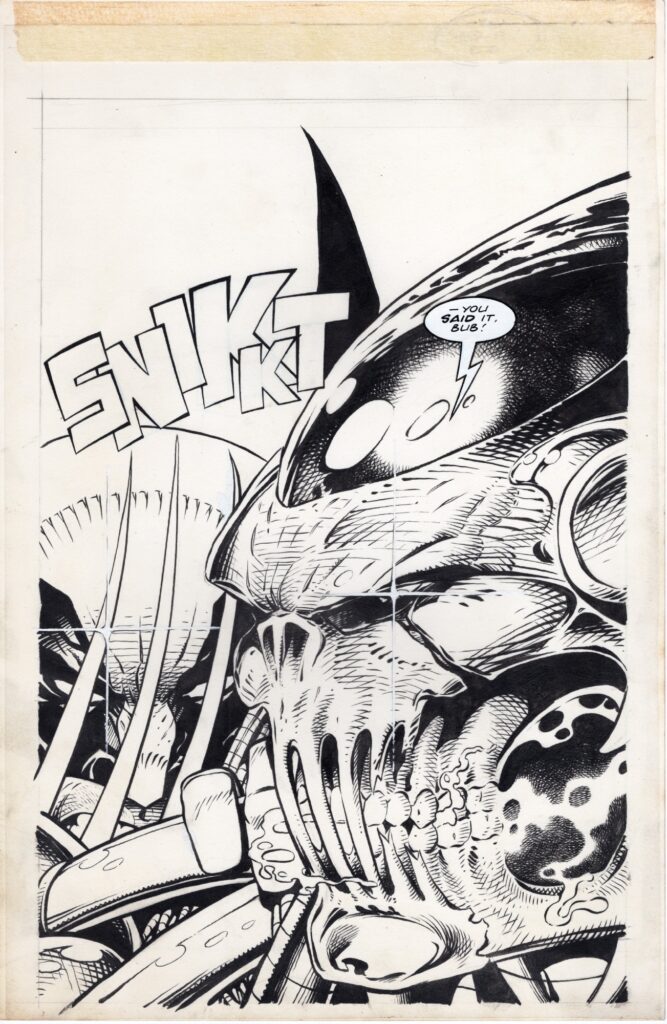
Post Marvel UK in the 1990s, he returned to his award-winning work as an artist, as inker, for example, on Excalibur with Alan Davis, The Ultimates, drawn by Bryan Hitch’s work on The Ultimates for Marvel Comics, and The Authority, for Wildstorm, also drawn by Bryan.
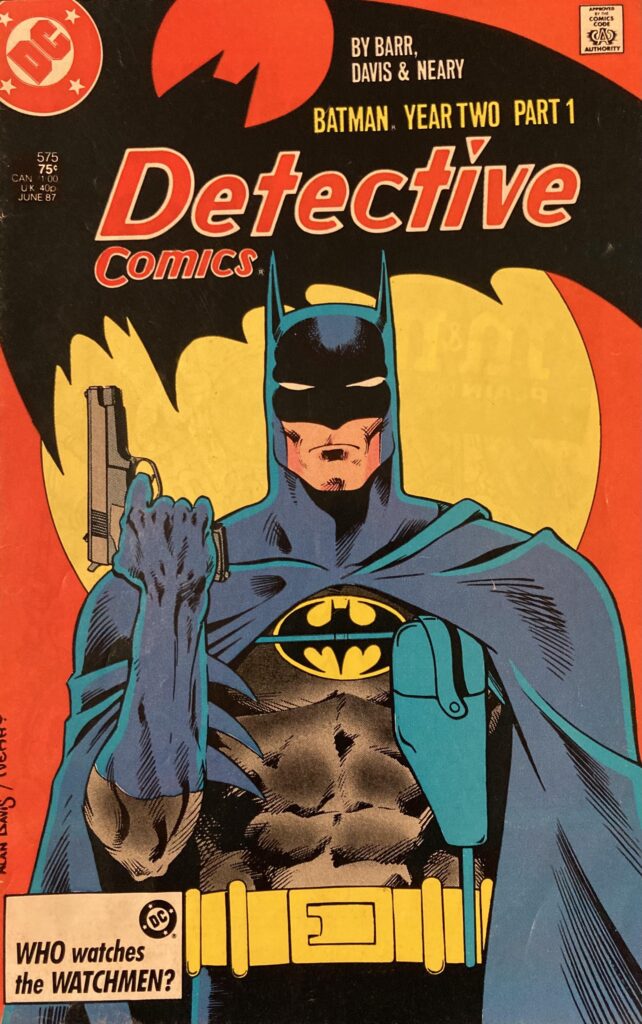
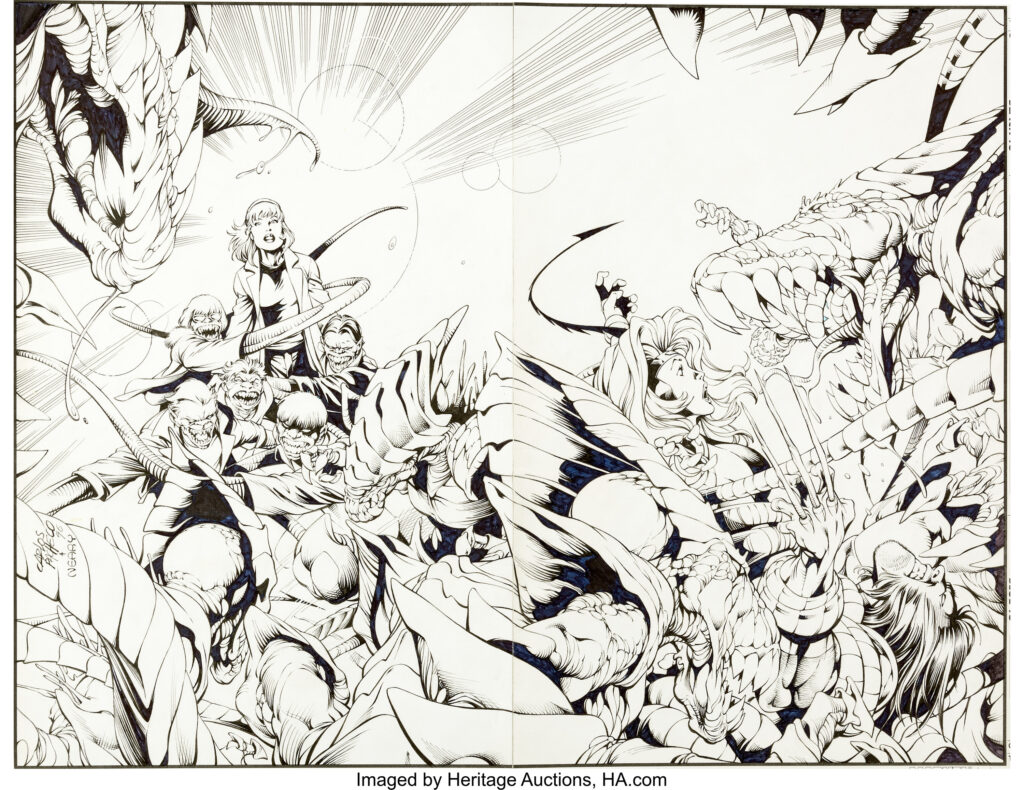
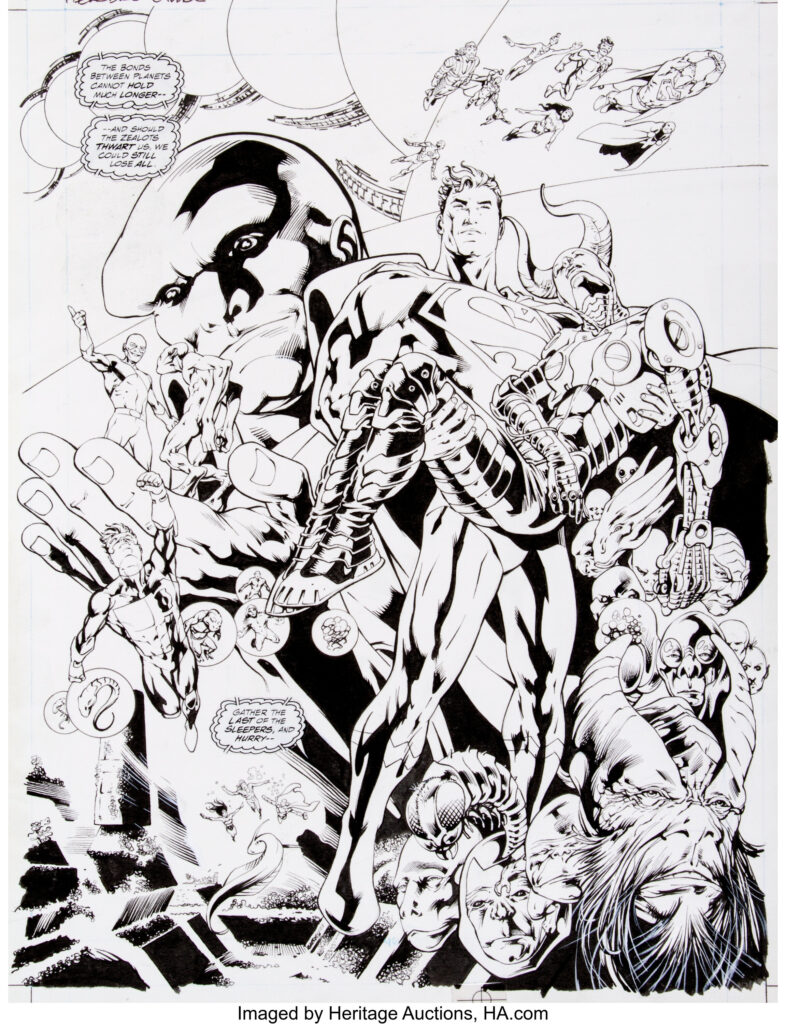
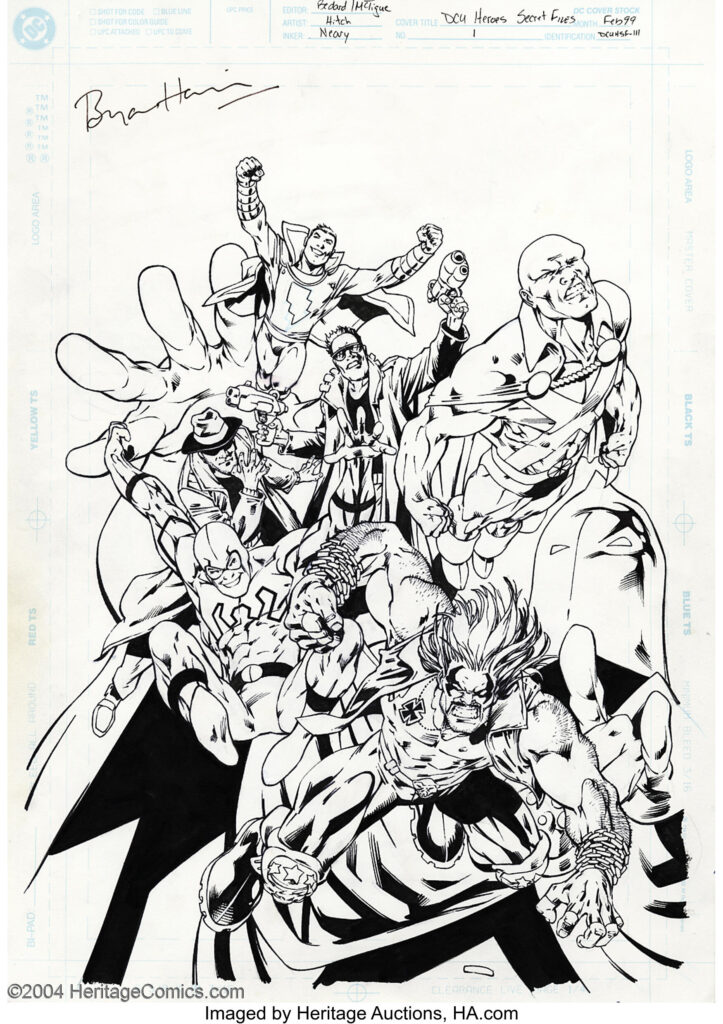
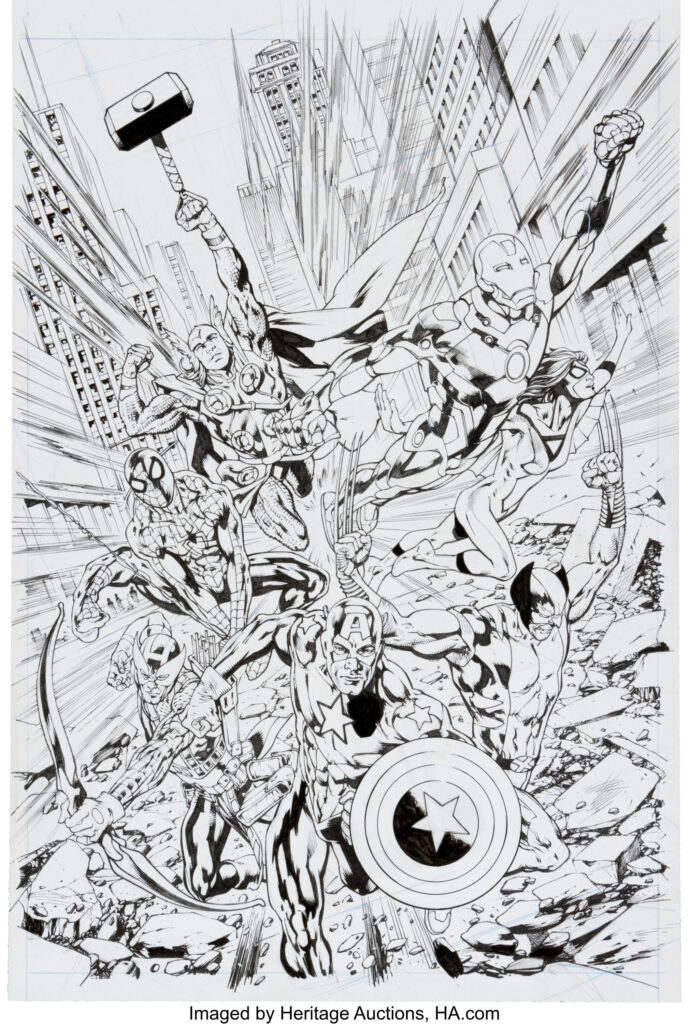
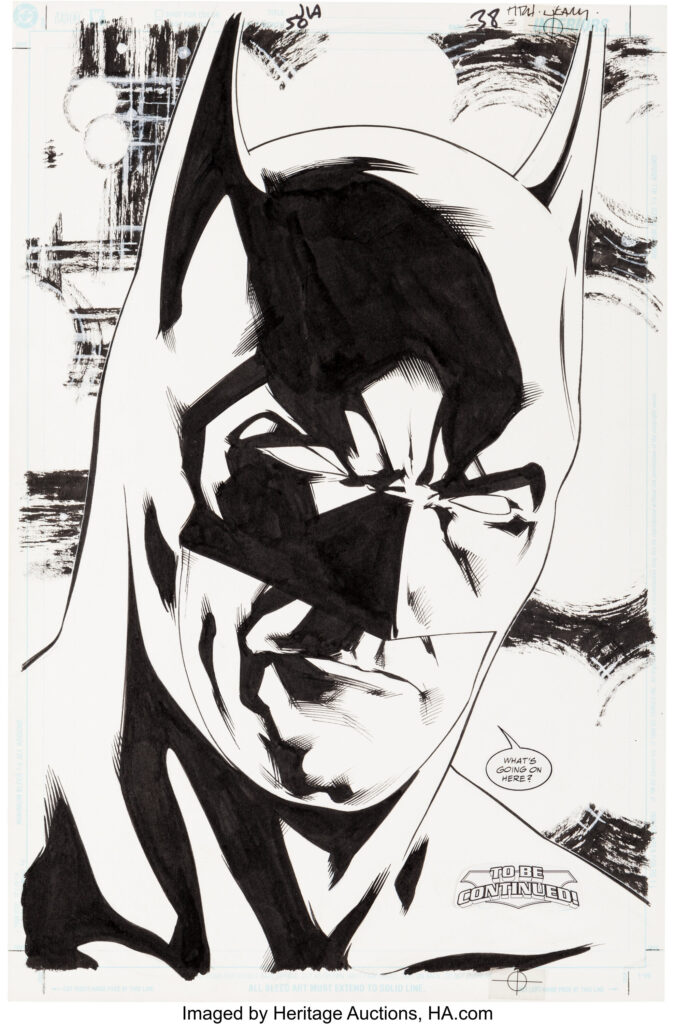
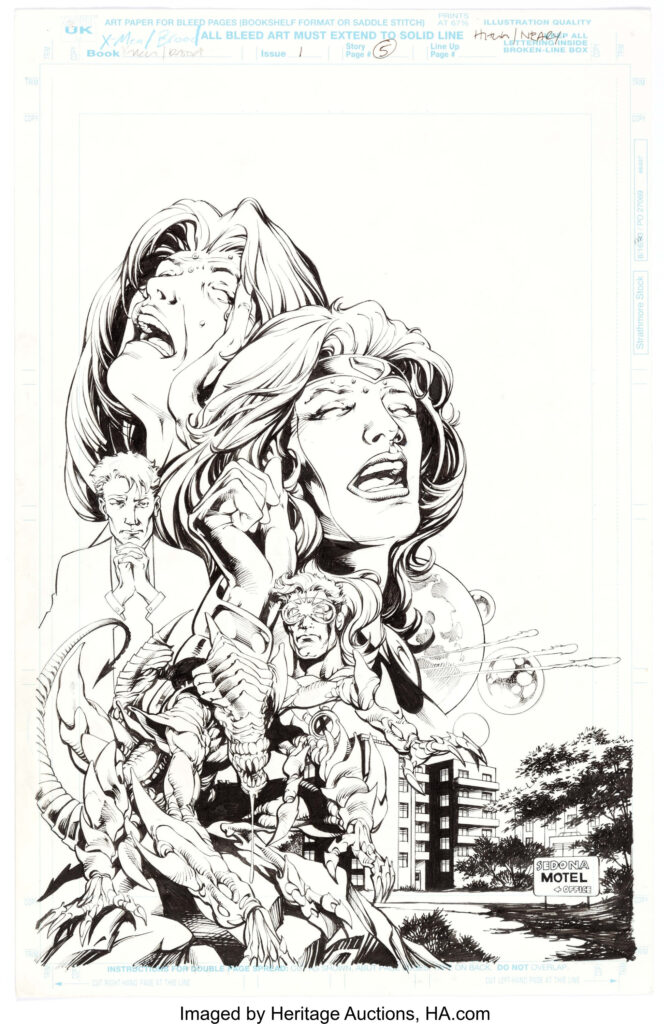
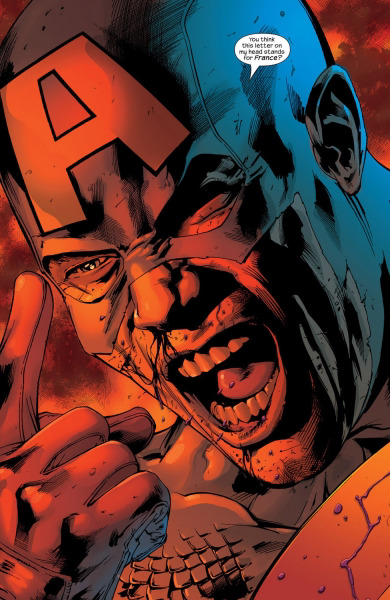
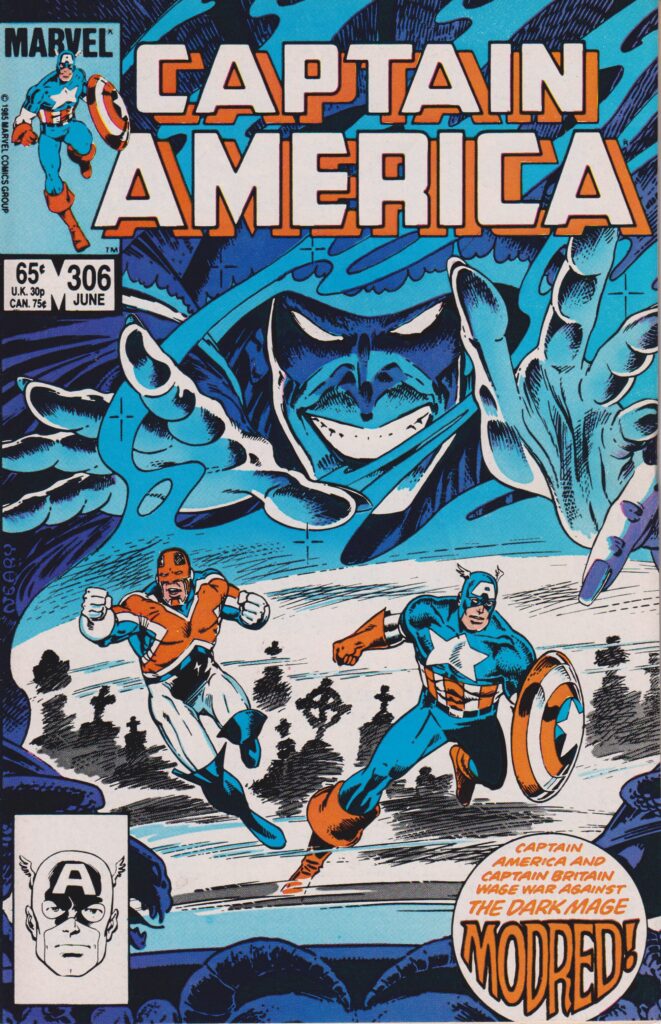
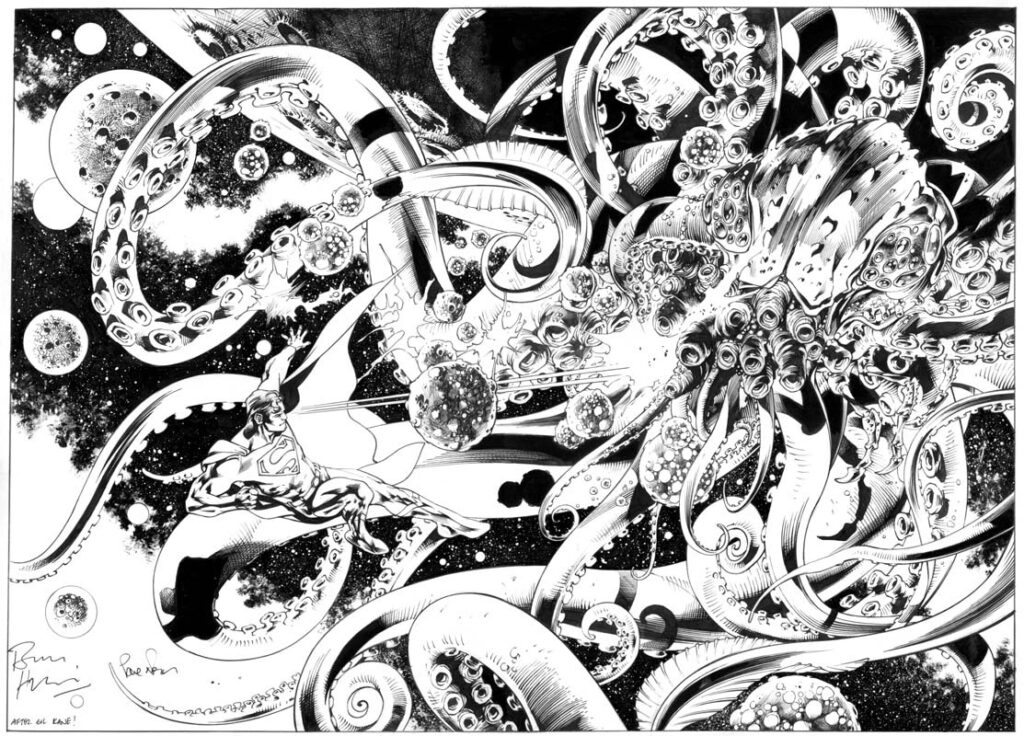
Paul may not always have been the easiest of people to work with, but he knew what he wanted, and those he demanded it of, who responded to his energy and enthusiasm, his innate creativity, surely benefited from him being a sometimes hard taskmaster. Along with that, at Marvel UK, there was often fun, not least Paul’s legendary long “business lunches” in nearby pubs around Arundel House, in the days when no-one had mobile phones.
Thank you, Paul, for all you taught me. I’m glad we worked together, even if we lost touch after those Marvel UK days, and I had no idea why. I appreciated what you were trying to teach me; I hope I learnt something. You will be missed.
My thoughts are with his wife and partner, writer Bernie Jaye, at this time.
John Freeman
Paul Neary, born in Bournemouth, England 18th December 1949, passed 10th February 2024
• Marvel UK: “Genesis ’92” – Looking Back and What Might Have Been
Web Links
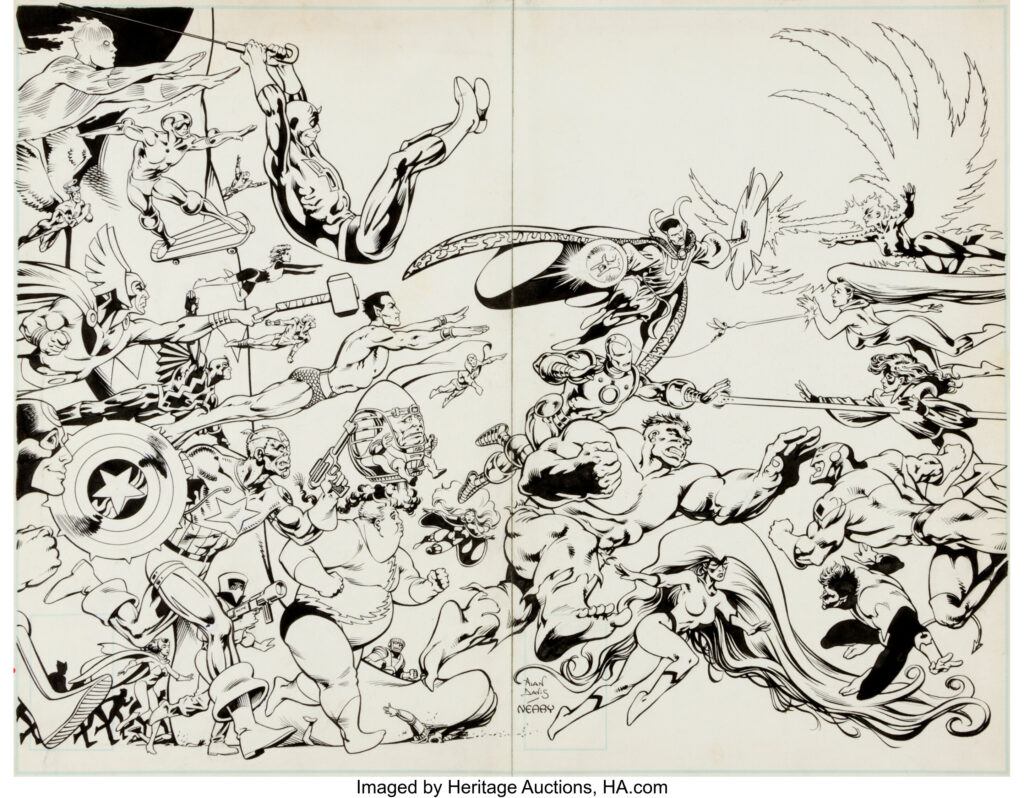
• Paul Neary art on Brit Comic Art
• Paul Neary art on ComicArtFans
• downthetubes: Paul Neary – Hero Unlimited
James Bacon explores the early comic fanzine work of Paul Neary
Interviews
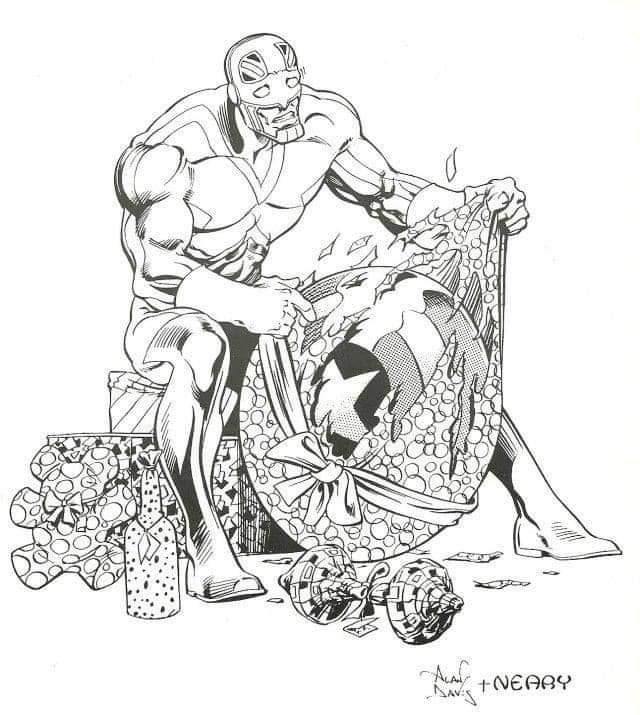
• Journey Planet 33 – No More Heroes: A History of Irish Comics – Part 2
This edition of the digital zine, published in 2017, is the second issue in a look at the History of Irish Comics. Padraig O’Mealoid and Michael Carroll join Chris and James in this issue featuring interviews with legends Steve Dillon and Neil Bailey, as well as articles from Michael Carroll, Padraig O’Mealoid, James Bacon, and extended looks at the early art of Paul Neary and Steve Dillon
• Journey Planet Presents – Heroes Unlimited #8 on PDF
Journey Planet presents the the return of Tony Roche’s legendary fanzine Heroes Unlimited #8, which includes Paul Neary’s cover for Heroes Unlimited #7.
• Starlogged: 1981 interview with Paul Neary about his work at Marvel UK
• In early 2005, Humberto M. Ferre contacted Nick Fury Vs SHIELD penciler Paul Neary. Here’s a short interview via email about his work on the series
• Vworp Vworp Issue 2 – the Doctor Who fanzine – includes an interview with Paul Neary about his time as company Editorial Director in the 1990s
The founder of downthetubes, which he established in 1998. John works as a comics and magazine editor, writer, and on promotional work for the Lakes International Comic Art Festival. He is currently editor of Star Trek Explorer, published by Titan – his third tour of duty on the title originally titled Star Trek Magazine.
Working in British comics publishing since the 1980s, his credits include editor of titles such as Doctor Who Magazine, Babylon 5 Magazine, and more. He also edited the comics anthology STRIP Magazine and edited several audio comics for ROK Comics. He has also edited several comic collections, including volumes of “Charley’s War” and “Dan Dare”.
He’s the writer of “Pilgrim: Secrets and Lies” for B7 Comics; “Crucible”, a creator-owned project with 2000AD artist Smuzz; and “Death Duty” and “Skow Dogs” with Dave Hailwood.
Categories: 2000AD, British Comics, Comics, Creating Comics, downthetubes Comics News, downthetubes News, Features, Obituaries
 Remembering Jon Haward: A Tribute by Tim Perkins
Remembering Jon Haward: A Tribute by Tim Perkins  In Memoriam: Comic Artist Jon Haward
In Memoriam: Comic Artist Jon Haward  International comic community pays tribute to 2000AD and Look-In artist John M. Burns
International comic community pays tribute to 2000AD and Look-In artist John M. Burns
It’s been another sad week of obituaries. Following hot on the heels of the death of Steve Wright – the soundtrack to many of my afternoons in the early 1980s through A-levels to those gap months between college and early jobs – comes this equally sad news about Paul Neary.
As people got to know that I was working on a book about Marvel in Britain – originally the history of Marvel UK, it’s since grown to encompass the entirety of Marvel’s history in Britain from the late 1940s to date – it was inevitable that people would seek me out to ask questions, sometimes seeking to make contact with a creator for a piece they might be working on.
After being regularly asked for many years if I’d spoken to Neil Tennant – a joy I lucked into several years ago now – the other person of regular interest was Paul (actually very recently – I didn’t have a contact by then, but was in any case unaware that he’d been ill for awhile). As John reflects above, the many people that I’ve spoken to over the years from his two times at the helm of Marvel UK only had good things to say about the time they spent under his guidance. To one he was simply ‘a hero’ of the medium, to others he helped steer their careers on to greater things, and I’ve been happy to reflect that spectrum of thought throughout From Cents to Pence! (and I do realise that its frustrating to hear me talk about this with the book still not yet in print, but that’s a good degree nearer now).
John also picks up here on another topic of the book – something that proved to be the bane of everyone from Dez Skinn through to Paul Neary in his second stint – the sometimes difficult relationship he faced with the demands of Marvel in America and those of their accountants in the UK. I did reach out to Paul, well over a decade ago now, and he sent me a very kind reply about the draft that I’d sent him, but felt unable to add his own comments to what he’d read as he felt things that the way some events were described by people didn’t reflect how he saw them. This, perhaps, reflects how burnt he was from his two experiences with the UK wing, both of which didn’t have happy endings. I’m sorry that he didn’t wish to contribute, but had to respect his decision nonetheless. I realise now, that perhaps those memories were simply too painful to reopen. Fortunately, there was plenty of past interviews with him that I could quote from.
My thoughts go to his family, and to Bernie Jaye (who, of course, also features prominently in the book as well). Another huge loss to the industry.
How truly sad to read the news of Paul Neary’s passing. Like Richard Starkings I experienced and benefitted from the mentoring side of Paul’s nature, which was enormously helpful to me during those turbulent first years of Doctor Who Magazine’s life. While Dez Skinn was the great ideas and high concepts guy at Marvel UK in the late 70s/early 80s, Paul was the more analytical pragmatist: Spock to Dez’s Kirk,if you like.
Following Dez’s departure it was Paul who largely picked up the reins of running this title at a time when inspiration was needed to turn around sliding sales. He actively encouraged new features such as the UNIT hotline page – which didn’t last – and The Gallifrey Guardian, which most definitely has, to this very day.
Looking to broaden the publication’s appeal to younger readers, Paul oversaw changing the voice and tone of the features and articles so they became simpler and punchier with a more vivid use of colour. I was not entirely on board with these concepts, and did voice my reservations to Paul that such moves risked alienating a lot of Doctor Who fans who were unlikely to follow a ‘Son of TV Comic’ zine.
To his credit, Paul listened, and when sales indeed failed to improve, took the game-changing decision to stop aiming younger and instead went older. And that meant becoming a Monthly magazine rather than a Weekly, an event which eventually took place with issue 43 in August 1980.
That dictated a lot more work for me as the Contributing Editor/principal writer and yup, Paul was a stern taskmaster when it came to scheduling and requiring material – both text and visual – to be submitted on time each and ever month. Yet it all worked out, and right from that 43rd issue the seeds of what is now a world record-breaking, internationally selling publication were sown.
Doctor Who Magazine will shortly mark its 45th anniversary as a continuously published title: a tribute in no small part to that decision Paul Neary made in the summer of 1980 to aim higher. A decision that made me much happier. Thank you Paul for all that guidance and advice when it was needed.
A wonderful piece of history about Doctor Who Magazine, thanks Jeremy! Paul of course did make a rarer step into the limelight to talk about the magazine for Vworp Vworp No. 2, currently out of print, but a great read if you can track a copy down
Hi Jeremy – is okay to quote you here for my forthcoming book From Cents to Pence! (as mentioned in my tribute above), re: your comments about the change in audience that DWM aimed at? Thanks. As for 45 years of the title – amazing. I’d never have imagined it, both Dez and Paul’s greatest legacy to the UK division that was.